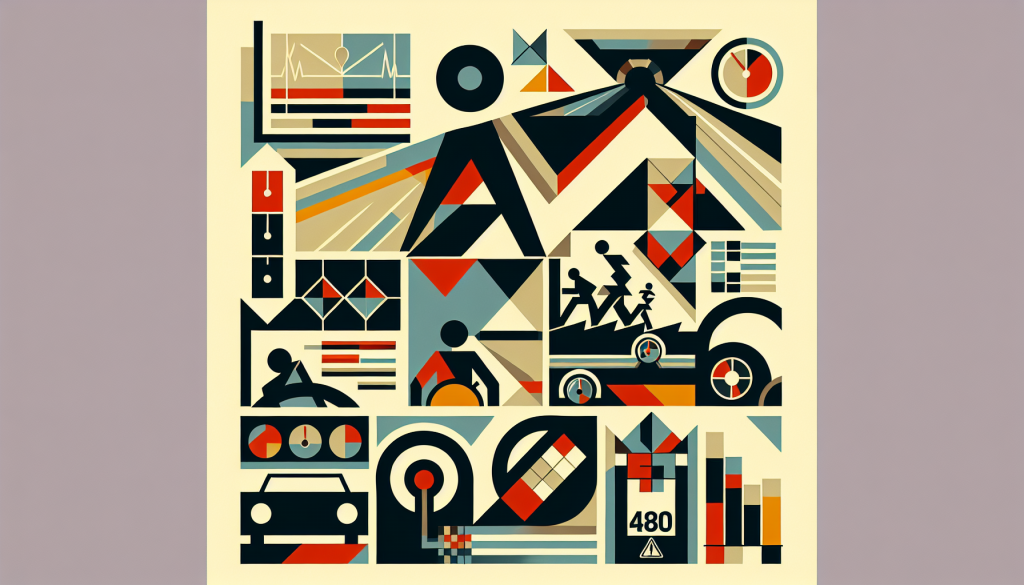Decoding Dashboard Warning Lights
Why Dashboard Warning Lights Matter
Dashboard warning lights are like your car’s way of sending you an SOS. They pop up when something’s off, from minor hiccups to major breakdowns. Ignoring these lights? Bad idea. It could mean bigger problems and hefty repair bills. Knowing what each light means helps you keep your car in tip-top shape.
Common Dashboard Warning Lights and What They Mean
Knowing your dashboard lights is like having a cheat sheet for car problems. Here are some of the usual suspects:
| Warning Light | Meaning | What to Do |
|---|---|---|
| Engine trouble | Head to dashboard warning light diagnosis | |
| Battery issue | Check out dashboard warning light battery | |
| Low oil pressure | Look at dashboard warning light oil | |
| Brake problem | Inspect dashboard warning light brake | |
| ABS issue | Learn more at dashboard warning light abs | |
| Engine overheating | See dashboard warning light coolant | |
| Airbag fault | Check dashboard warning light airbag | |
| Transmission trouble | Visit dashboard warning light transmission |
For a full rundown of all the symbols, check out our dashboard warning light symbols guide.
Knowing these lights and what they mean lets you act fast. Whether it’s a quick fix or a call to the mechanic, understanding these signals can save you time and money. For more tips on dealing with these lights, visit our troubleshooting dashboard warning lights article.
What to Do When Your Dashboard Lights Up
Seeing a warning light on your dashboard can be a bit of a heart-stopper, but don’t panic. Here’s what you need to do to keep your car running smoothly and safely.
Quick Actions to Take
When a warning light pops up, acting fast can save you from bigger headaches later:
- Grab the Manual: Your car’s manual is your best friend here. It tells you what each light means and what you should do about it.
- Pull Over Safely: If the light is serious—like for the engine or brakes—find a safe spot to pull over and turn off the engine.
- Check the Basics: If it’s about oil, coolant, or the battery, take a quick look under the hood if you’re comfortable with that.
- Use an OBD-II Scanner: This handy tool can read error codes from your car’s computer, giving you a clue about what’s wrong.
| Action | What to Do |
|---|---|
| Check the Manual | Look up the light’s meaning |
| Pull Over Safely | Stop to avoid more damage |
| Inspect Basics | Check oil, coolant, battery |
| Use OBD-II Scanner | Read error codes |
For more info on these lights, check out our dashboard warning light guide.
When to Call in the Pros
If the light won’t go away or the problem seems tricky, it’s time to get professional help:
- See a Certified Mechanic: They can run a full diagnostic to find out what’s really going on.
- Advanced Tools: Pros have better diagnostic tools that can give a more accurate picture than your basic OBD-II scanner.
- Get Repairs: Based on the diagnosis, the mechanic might suggest repairs or part replacements. Common fixes include issues with the battery, alternator, or oil system.
- Regular Check-Ups: Keeping up with regular maintenance can help you avoid these lights in the first place. Make sure to get your car serviced on schedule.
For more detailed steps, see our articles on diagnosing dashboard warning lights and repairing dashboard warning lights.
By following these tips and getting professional help when needed, you can keep your car in top shape. For more troubleshooting advice, visit our page on troubleshooting dashboard warning lights.


